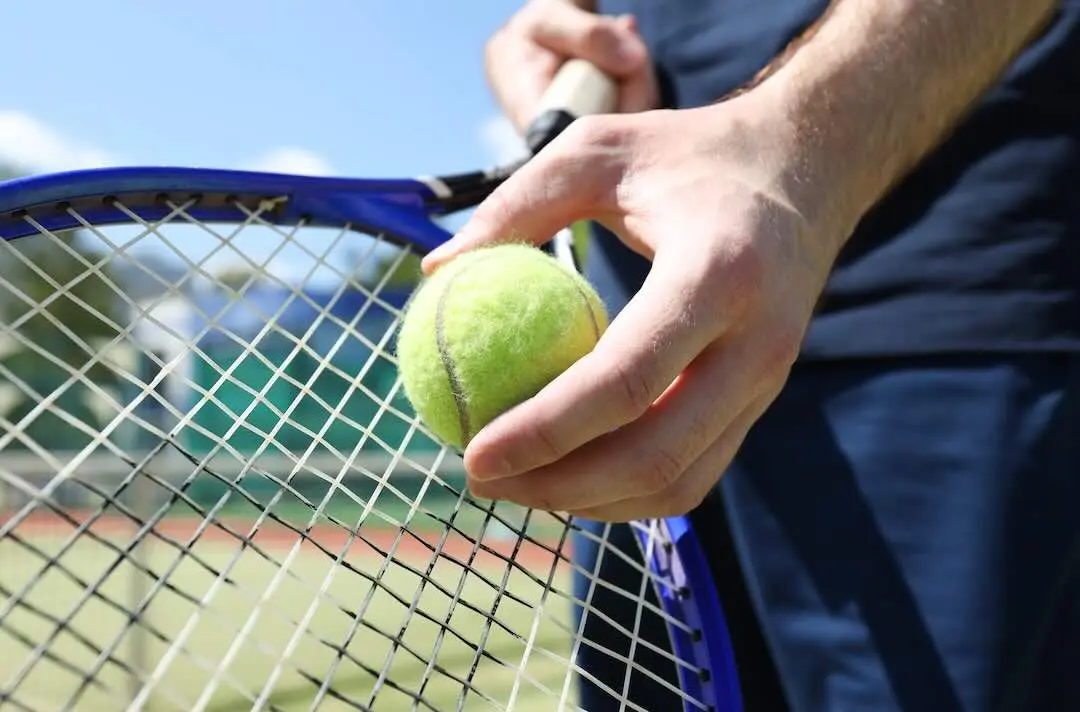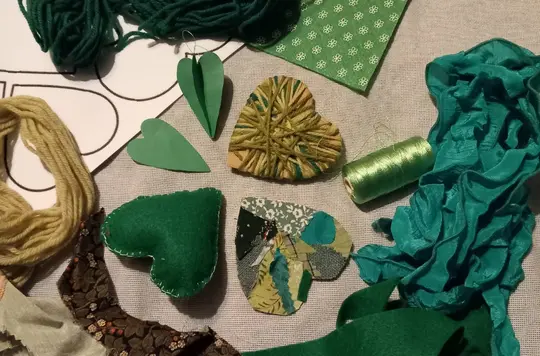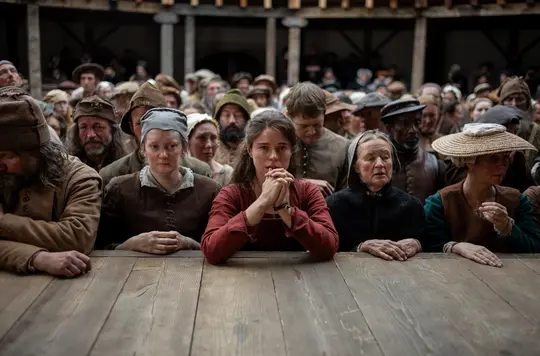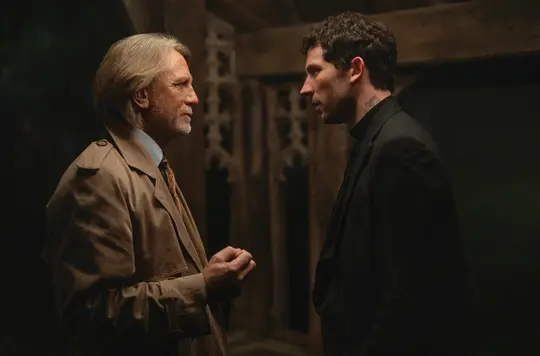28 June 2025
Wimbledon 2025: Tennis teaches us to take responsibility for our own performance
Ivan Radford

As the 2025 Wimbledon Championships begin, Ivan Radford asks what your game currently looks like.
Whether you’re in it for the strawberries or the smash volleys, you’ll probably be joining me and millions of others watching Wimbledon when it begins on Monday (30 June).
In the 2025 tennis tournament, Carlos Alcaraz and Jannik Sinner will be hoping to pip each other and Novak Djokovic – not to mention breakout Brit star Jack Draper – to the men’s singles prize. In the women’s singles tournament, French Open victor Coco Gauff will be looking to hold her winning streak, despite competition from fellow French Open finalist Aryna Sabalenka.
Whoever the Grand Slam champs are, Wimbledon remains one of the world’s most popular sporting events. That enduring appeal stems not only from SW19’s prestigious grass courts, but also from the unique nature of tennis as a sport. While most other major sporting contests are team games, tennis – in the singles competition, at least – is a solo endeavour: a player is solely responsible for how they perform.
On a televised stage before a hushed audience, that pressure can be even more intense and isolating. Anyone who’s lost their cool after missing a first serve in their local park, while someone happens to be walking past, will know that sinking feeling of disappointment and self-blame. They might even have thrown down their racket in anger – apologies from teenage me to my older brother for that one.
As Christians, we have a similar responsibility in our spiritual lives. We are each called by name to follow Jesus (see John 10:1–16). That individual calling means we are responsible for our response: nobody else can follow Jesus on our behalf.
In Luke 9:23, Jesus says: ‘Whoever wants to be my disciple must deny themselves and take up their cross daily and follow me.’ It is an intentional, personal choice to follow Jesus, and it is an intentional, personal choice to continue following him, to pray, to study the Bible – we have to keep seeking him first, before anything else. In John 15:4, Jesus reminds us: ‘Remain in me, as I also remain in you. No branch can bear fruit by itself.’
While it is our responsibility to be active and sincere in our discipleship, the good news is we have the Holy Spirit to help us. Through his Spirit, Jesus works in us, with us and through us to transform us into who we are called to be. He is the ultimate coach, who – unlike the coaches with players under the Centre Court floodlights – communicates with us directly. The Holy Spirit whispers, nudges, guides and intercedes for us, searching our hearts and knowing our faults.
While each of us must persevere in taking up our cross, the Holy Spirit gives us strength that will be sufficient for the point at hand. Our discipleship begins with our response to Jesus’ invitation, but it is not our strength (see Zechariah 4:6) or wisdom (see James 1:5) that earns us the victory – it is by his power and grace (see 2 Timothy 2:1).
The even better news? While nobody else can take up our cross for us, we are not called to do it alone. We are called into relationship with Jesus and also each other. Our callings are unique, and cannot be compared, but they are intertwined, as we grow together in the body of Christ. Jesus is with us not just through his Spirit but through our fellow believers, who are on the court with us, cheering us on and helping us to keep within the lines.
But to be in the game, you have to pick up your racket and not throw it down each time you hit the net. Jesus is always there, ready to forgive and empower you. It’s advantage you – but nobody else can take that second serve.
Reflect and respond
- What do your match stats currently look like? Are you still playing with intent? Have you dropped the ball?
- Read Galatians 5:22 and 23. Is the fruit of the Spirit currently being produced in your life?
- Pray for strength, wisdom, grace and peace to play your next point.
Written by

Ivan Radford
Managing Editor











